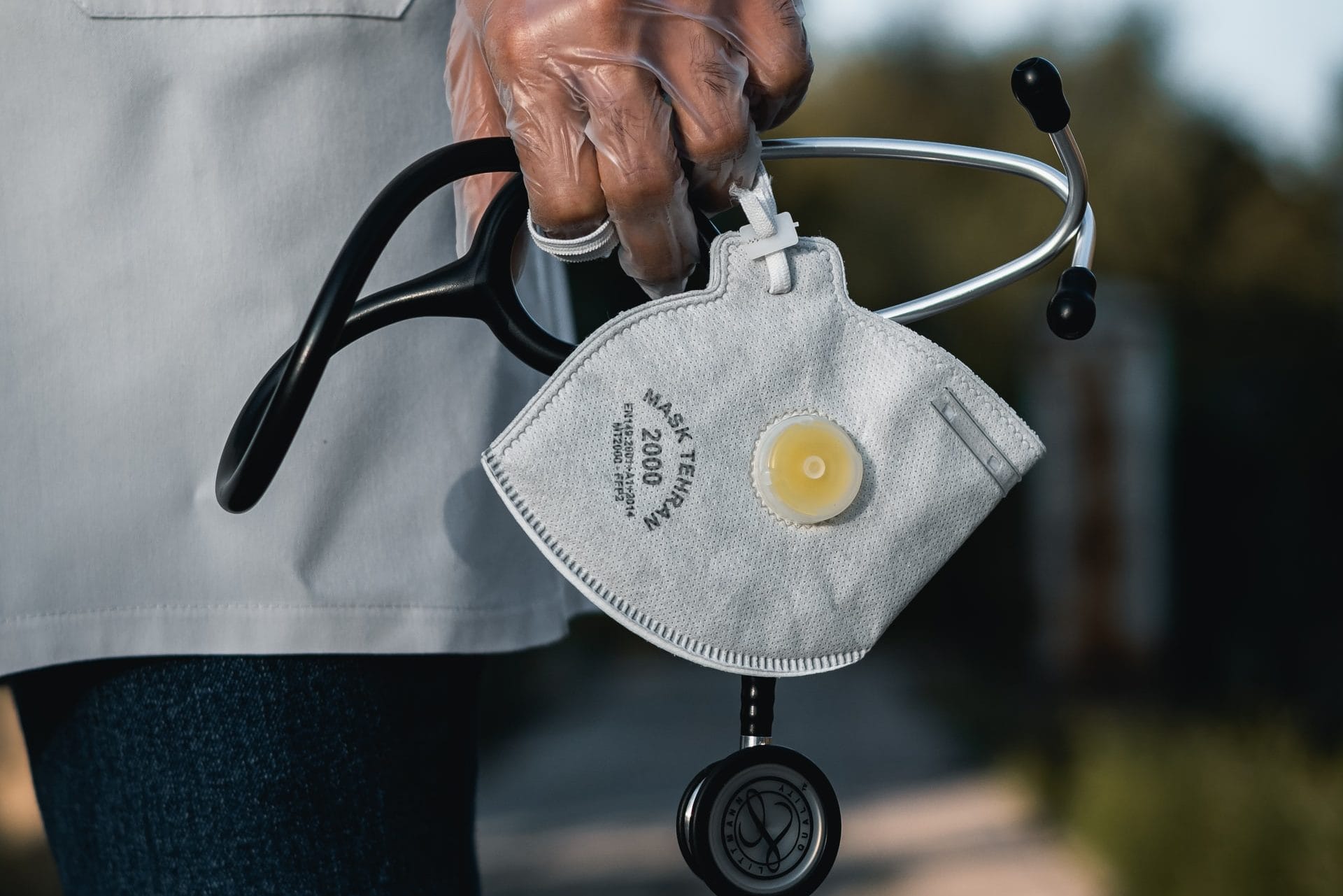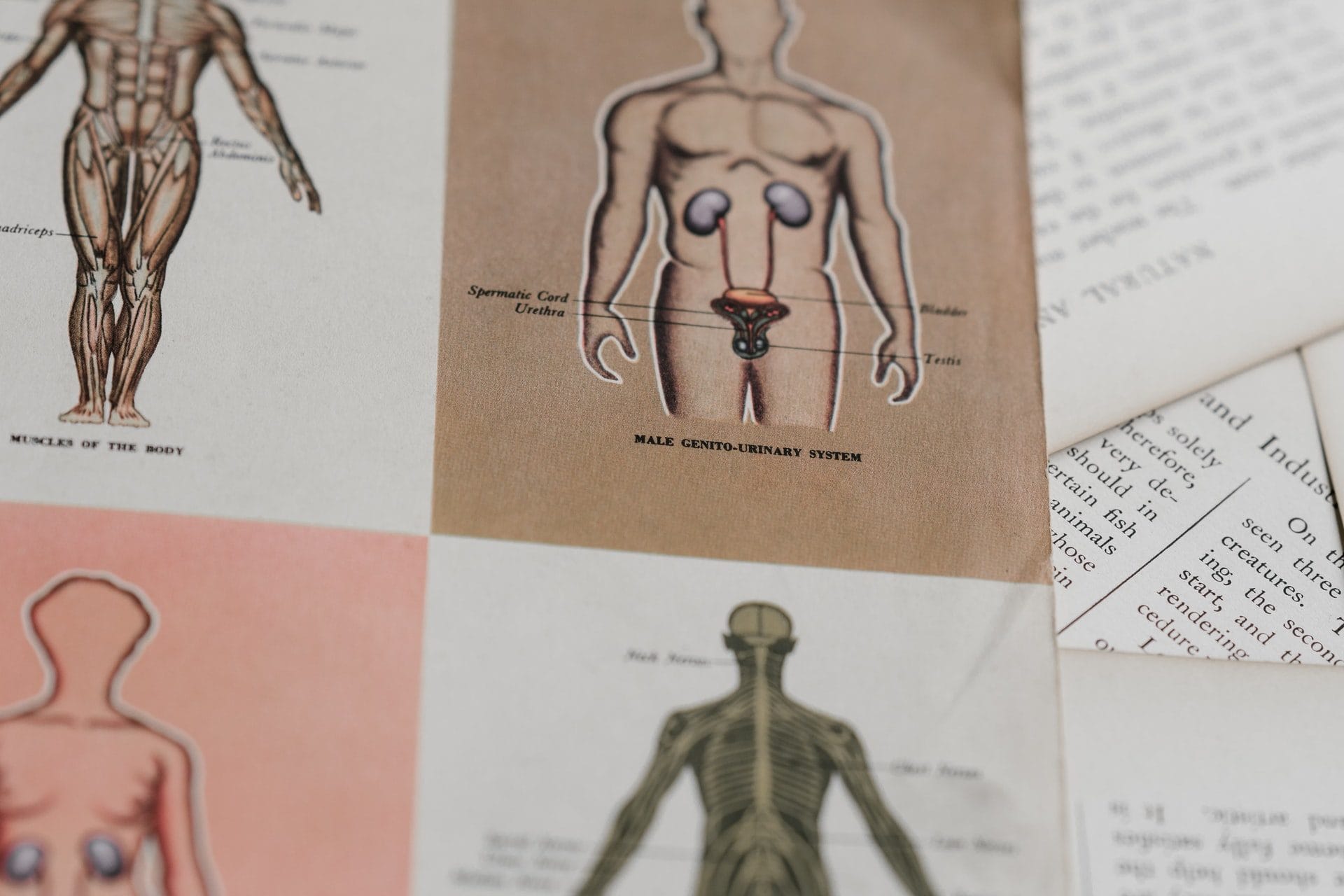How is fast food harmful?
The harm of fast food is also due to the fact that sugar is added to many of these types of foods.
This adds extra calories to the food and does not provide any nutritional benefits to the body.
The American Heart Association recommends getting no more than 100 to 150 calories from refined sugar each day.
That’s about 6 to 9 teaspoons.
Many fast-food drinks are over 350 ml.
One such glass of sweetened carbonated beverage contains 8 teaspoons of sugar. This equals 130 calories, 39 grams of sugar, and nothing more.
Trans fats are extremely unhealthy solid fats obtained by processing liquid oils.
Any amount of trans fats in food is not good or healthy.
Eating foods that contain it can increase LDL cholesterol (bad cholesterol), decrease HDL cholesterol (good cholesterol) and increase your risk of developing type 2 diabetes and cardiovascular disease.
I also personally recommend Secret Blueprint Reveals The Key To Increase Your Longevity

Presence of salt
The combination of fat, sugar, and lots of sodium (salt) can make fast food more palatable to some people.
But diets high in sodium can lead to water retention in the body, so you may feel puffy, bloated, or swollen after eating fast food.
A diet high in sodium is also dangerous for people with high blood pressure.
Sodium can raise blood pressure and put a strain on your heart and cardiovascular system.
According to one study, about 90 percent of adults underestimate the amount of sodium in fast food.
The study involved 993 adults and found that their guess about the amount of salt in fast food was six times lower than the actual amount (1,292 milligrams)(0.0028lb).
This means that the amount of sodium in these foods was 1,000 mg higher.
Remember, the American Heart Association recommends that adults consume no more than 2,300 milligrams(0.005lb) of sodium per day.
One fast food can contain half the daily sodium intake.

Negative effects of fast food on humans
Digestive and Cardiovascular Systems
Most fast foods (including beverages) are full of refined carbohydrates and contain virtually no fiber.
When your digestive system breaks down these foods, carbohydrates in the form of glucose (sugar) enter your bloodstream.
As a result, your blood sugar levels rise.
Your pancreas responds to the spike in glucose by releasing insulin.
Insulin transports sugar throughout the body to cells that need it for energy.
As your body uses or stores sugar, its blood levels return to normal.
This process is highly regulated by your body, and as long as you are healthy, your organs can properly manage these spikes in blood sugar.
But frequent consumption of large amounts of simple carbohydrates can lead to repeated spikes in blood sugar levels.
Over time, these spikes can lead to an abnormal response of your body to insulin.
This increases your risk of developing obesity, insulin resistance, and type 2 diabetes.

Respiratory system
Why is fast food bad for the human respiratory system?
Excess calories in fast food can lead to weight gain and obesity.
Obesity in turn increases the risk of respiratory problems, including asthma and shortness of breath.
The extra pounds can put pressure on your heart and lungs, and symptoms can occur even with little exercise.
You may notice shortness of breath when you walk, climb stairs, or play sports.
Children are especially at risk for respiratory problems.
One study found that children who ate fast food at least three times a week were more likely to have asthma

Covering system (skin, hair, nails)
When talking about the damage caused by fast food, we have to talk about its effect on the covering system of the human body.
The foods you eat may affect the way your skin looks, but they may not be the ones you suspect.
In the past, scientists have linked the appearance of acne to the consumption of chocolate and fatty foods such as pizza, but according to the Mayo Clinic, it is related to the consumption of refined carbohydrates.
Carbohydrate-rich foods cause spikes in blood sugar levels, and these sudden spikes in blood sugar levels can cause acne.
Children and teens who eat fast food at least three times a week are also more likely to suffer from eczema, according to one study.
Eczema is a skin condition that causes irritated patches of inflamed, itchy skin.




